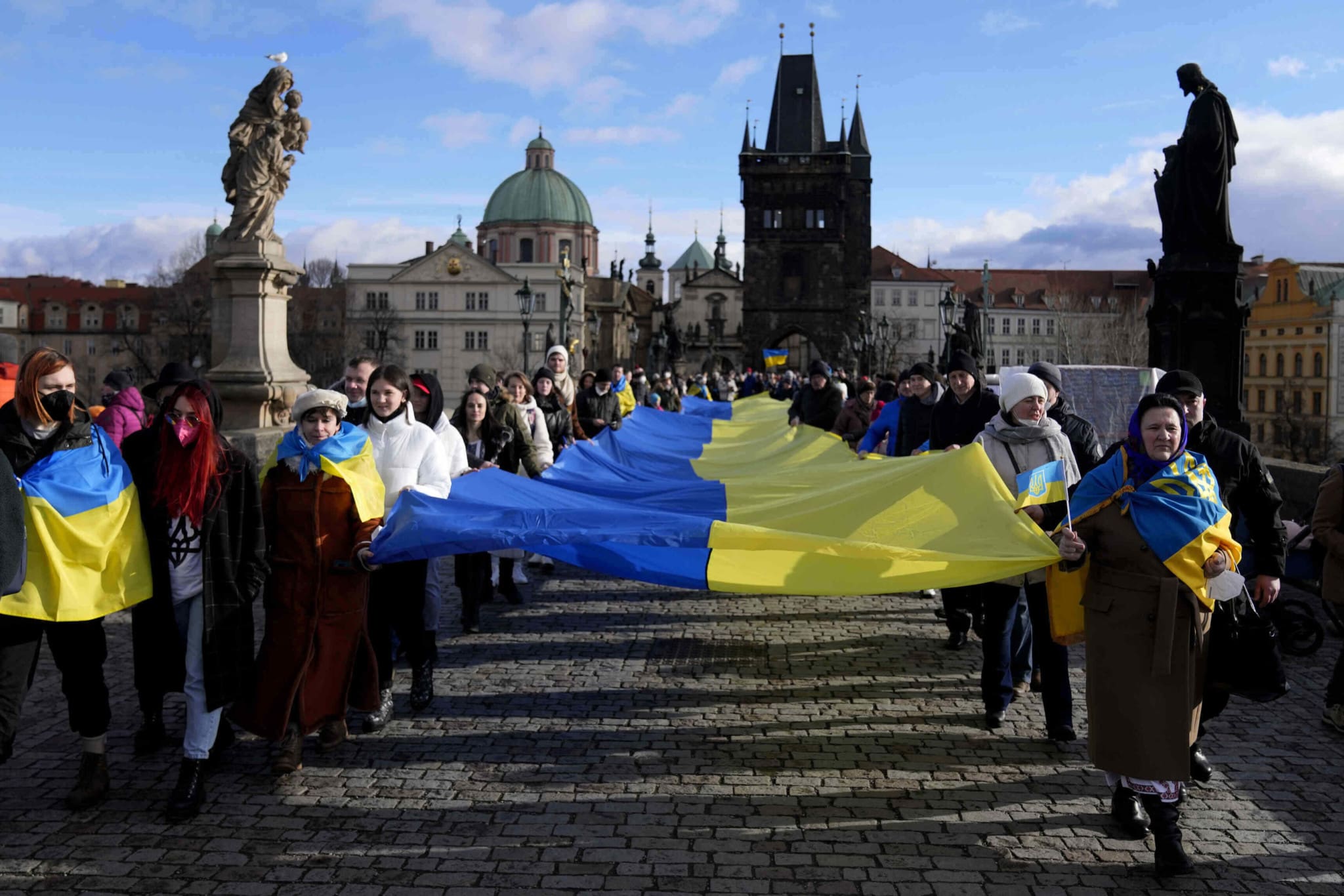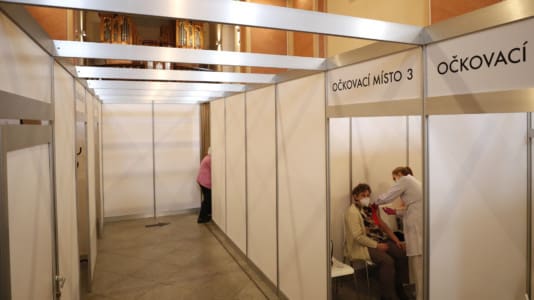Ukraine is preparing for a possible Russian invasion with an estimated 100,000 Russian soldiers at its borders, and locals have already started preparing for a possible departure from the country, according to the SeznamZprávy news outlet.
“As a Ukrainian, I take this very, very seriously, and I understand that it can have huge consequences for my country. I think that a certain fear is appropriate,” says Radomyr Mokryk, who works as a historian at the Department of East European Studies at the Faculty of Arts, Charles University in Prague.
Ukrainian journalist Natalia Churikova does not hide her fears of an impending conflict, either. “When I read the news describing how the capital of Ukraine can be bombed, it makes me shiver,” she says.
“I have a family there. I have parents there. I have a lot of friends there. A lot of them are already in the Ukrainian army. And now you’re thinking — well, what will my mother do?” says Galina Andreyevtsa, executive director of the non-profit organization called Ukrainian European Perspective.
All three have been living in the Czech Republic for years, but in their hearts they are still in Ukraine.
“They are preparing an alarm suitcase, as it is called in Ukraine. They pack some documents, medicine, warm things, and so on, just to be ready. And they do so also because of the psychological tension because when you do something, you feel that you are more prepared than when you sit and are afraid,” explains Natalia Churikova.
What Moscow will do — whether it will attack Ukraine, and if so to what extent — is difficult to predict.
Extensive war not likely
Semantic Visions, a Czech company that monitors 90 percent of global internet news content, states that much can be understood by analyzing this data. The company monitors 25,000 news sources inside Russia and notes that unlike the situation before the annexation of Crimea in 2014, when propaganda amply spread misinformation, it is now predominantly targeting NATO.
“We assume that Putin is not planning a real big war with Ukraine because if he did, he would try to create support for this war campaign,” explains Semantic Visions founder František Vrabel.






